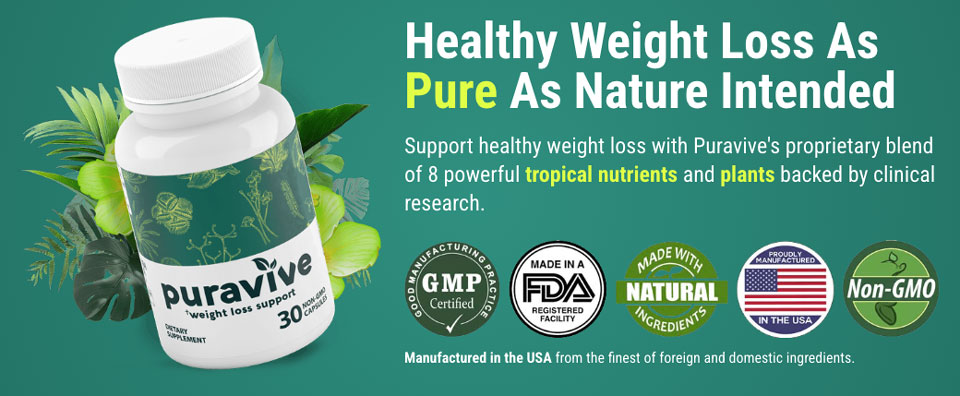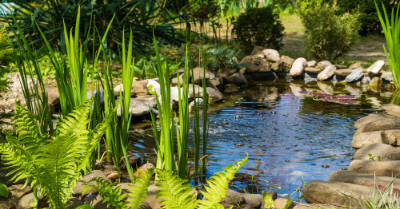Table of Contents
Top 3 Common Landscaping Rock Prices
To be truthful, landscape rocks are not considered cheap when compared to similar types of hardscapes. For some, they may not be budget-friendly. But for homeowners, they are a long-term investment because they can last for decades, possibly a lifetime.
One great idea for landscapers on budgets is to choose smaller areas to lay rocks. For example, instead of adding them to the entire backyard, just use them to create pathways or to define areas around your garden beds.
These are the top three commonly used cheap rocks for landscapes and their costs:
- Crushed Granite - $50 to $70 per cubic yard
- Pea Gravel - $25 to $67 per cubic yard ($2 to $3 per bag)
- River Rocks - $50 to $160 per cubic yard ($0.05 to $0.35 per pound)
Now, let’s discuss each one in detail:
1. Crushed Granite Landscape Rocks
Ranging from $50 to $70 per yard, crushed granite is commonly used for installing walkways. It gives the pathway a more modern, sleek look. This product is in high demand, but there doesn’t seem to be a shortage of the material.
What drives the cost of crushed granite the most is the quality of the type you choose and the depth of the area you’re trying to cover. Cost is also affected by your location and how far you are from the nearest quarry.
Pros of Crushed Granite
- Budget-friendly paving material that’s great for large areas
- Simple to install, making it a great DIY landscaping project
- Gives your landscape a naturally soft appeal
- Drains extremely well because the surface is smooth and not solid
- Comes in various colors, such as brown, tan and gray hues
- The crunching sound it gives off when walked on creates a rustic mood
Cons of Crushed Granite
- Tends to erode fairly fast because of its loose nature
- Jagged edges may irritate or injure the paws of pets
- Heavy rain may cause the rocks to become unstable and muddy
- Pieces may get caught in or on shoes and dragged out of the intended area, causing you to have to replace some over time
2. Pea Gravel Landscape Rocks
Coming in at $25 to $67 per cubic yard, pea gravel is naturally found near bodies of water, such as streams. So, it’s the perfect, cheap landscape rock to beautify water features, like backyard ponds and fountains.
Pea gravel is also a very versatile hardscape. The pebbles come in a variety of colors and shades to help jazz up your yard’s aesthetics. It’s also a low-cost solution for DIY landscapers interested in creating multi-colored pathways and walkways.
Pros of Pea Gravel for Walkways
- Because the rocks are the size of peas, they offer softer walking surfaces than larger gravel
- There are no jagged edges, like with crushed granite, so they are more bearable to walk on barefoot than large rocks
Cons of Pea Gravel for Walkways
- Pushing heavy equipment, such as a wheelbarrow, or simply walking across it creates dips you’ll need to rake to smooth out
- The tiny-sized rocks can become wedged in shoes and moved out of the area, causing you to have to replace some of the pebbles over time
Pros of Pea Gravel for Garden Beds
It amazed me when I found out during my research that pea gravel is commonly used as garden bed mulch. Here are the advantages of mulching with these cheap rocks for landscaping:
- Suppresses the growth of weeds
- Traps moisture in the soil to help keep your plants healthy
In a way, pea gravel is much better than wood chip mulch because even though it has the same benefits, I can imagine that it looks so much more eye-popping.
Cons of Pea Gravel for Garden Beds
- Requires a liner or pavers no less than one inch higher than the rock placement to keep the rocks in place
- Buildups may stop perennials from getting through and coming back to life the following year
Pros of Pea Gravel for Driveways
There are two ways professional landscapers commonly use pea gravel to construct driveways:
Pros of Using Pea Gravel as a Top Coat
- Can be used over concrete or fresh gravel as a topcoat
- Adds texture to the concrete’s surface, so it doesn’t become slippery when it gets wet
- They take the drabness of a traditional concrete driveway and transform it into a virtually maintenance-free hardscape with a unique color and finish
Using Pea Gravel as a Standalone Hardscape
- Can also use pea gravel on its own without concrete or other hardscapes to install a driveway
- Gives your new hardscape a professionally constructed look while providing a cheaper alternative to pouring concrete
- Many homeowners have been going this route to cut costs
Cons of Pea Gravel for Driveways
Just like with using it for walkways:
- Can get pushed or kicked around and out of the area
3. River Rocks for Landscaping
What is river rock? It’s a washed gravel that’s a very popular choice for landscaping on a budget. Coming in at $50 to $160 per cubic yard, this hardscape is known for its versatility and its rounded, smooth texture.
You can customize the look of your landscape by adding various shades of river rock to create a unique style, including shades of black, pink, maroon, grey and brown. Combine smaller river rocks with larger ones and add a paver border for even more customization.
Pros of River Rocks
- Colors won’t fade
- Won’t warp when wet
- Can last a lifetime
- Won’t deteriorate
- No maintenance required after installation
Cons of River Rocks
- Not easy to remove if needed
- A build-up of dirt, debris and seeds may occur between the rocks
- Requires a barrier between the soil and the rock to suppress weeds, such as cardboard or landscape fabric
- Really absorbs heat, causing it to become too hot to mulch areas where plants exist
How to Choose the Best and Cheapest Rock for Landscaping
There is no shortage of choices when shopping for landscape rocks. When choosing colors, make sure they complement the surrounding area. Determining the right finish and size is based on what you like and where the rocks will be located.
For example, larger, non-spongy rocks provide better drainage. So, they can be ideal for mulching flower beds and garden beds. However, only plants with strong, tall stems can survive with them as mulch. This limits what types of plants you can grow where they’re located.
So, how do you choose the best landscape rocks for your hardscape project?
- Define your budget
- Determine what your needs and priorities are
- Decide on the style or theme you’d like for your hardscape
- Understand exactly how you plan to use the rocks and where
Once you have all of this written down, it will be much easier to decide which rocks are best for your landscape. Use this as a guide for your DIY landscaping project or provide your professional landscaper with your new plans.
Recent Articles



















